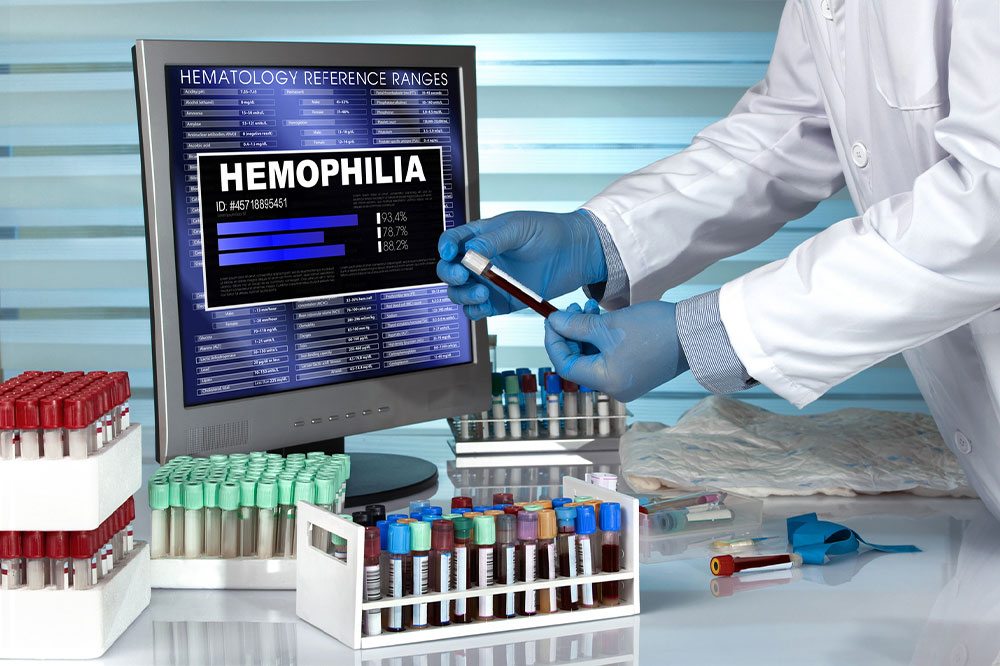5 ways to live healthy with hemophilia
Hemophilia is a rare disorder wherein the blood doesn’t clot as it should due to the lack of sufficient blood-clotting proteins. So a person affected by the condition will experience bleeds for longer spans before clotting occurs. Hemophilia can also trigger internal bleeding, especially bleeding inside the knees, elbows, and ankles that might be life-threatening.

Eating specific foods
The food we eat plays a vital role in providing the necessary nutrition to the body. It also improves one’s overall well-being. As for hemophilia, people affected by the condition must eat foods like oats, whole wheat, barley, brown rice, broccoli, spinach, and dried beans. These foods are abundant in protein, iron, vitamin C, vitamin B12, copper, vitamin B6, and folic acid, which are involved in red blood cell production.
Maintaining oral hygiene
Brushing teeth is essential for healthy living in patients with hemophilia. Those with the blood disorder can bleed heavily from injuries sustained to their teeth or gums. Therefore, brushing helps stay away from visits to the dentist that may result in gum bleeding. Maintaining oral hygiene also helps eliminate germs from the teeth and gums.
Exercising regularly
Simple exercises, such as swimming, walking, and cycling, are beneficial to improving a patient’s condition. These exercises promote muscle and bone strength and help maintain healthy BMI. However, contact sports, including football and basketball, are more likely to cause injuries and trigger excessive bleeding.
Securing a child from hazards
Most children love to play. Therefore, proper care is required when kids go out to play. Parents must ensure their kids wear safety equipment when they go cycling. Kids must also wear a seatbelt whenever they sit in the car. As for the home, avoid sharp corners on furniture or other hazards that may cause them to sustain injuries.
Making frequent checkups and vaccinations a must
Apart from all the care taken at home, both parents and children must go for regular checkups at a medical center. Getting tested regularly for infections in the blood can also help moderate hemophilia. Receiving vaccinations for hepatitis A and B based on a doctor’s prescription can also help improve their overall health.











